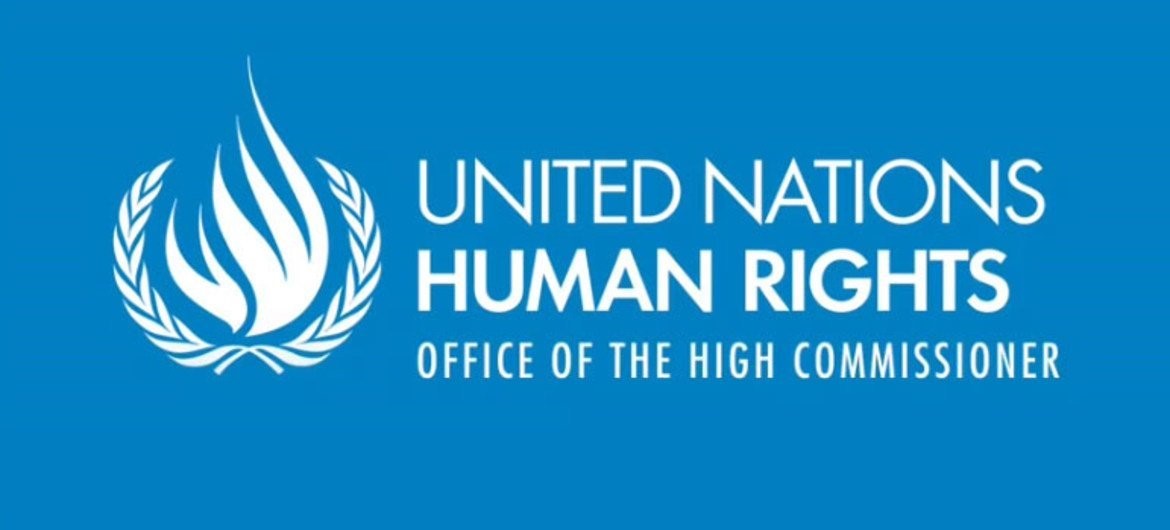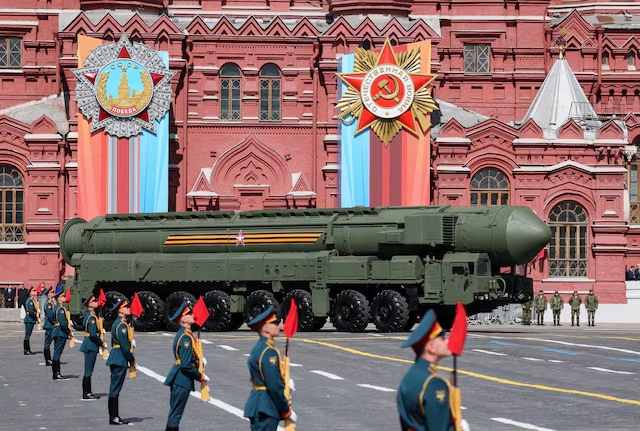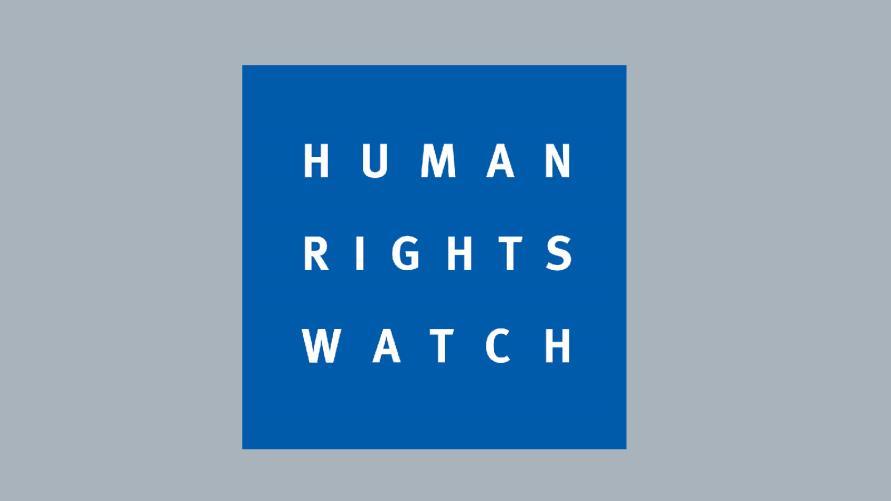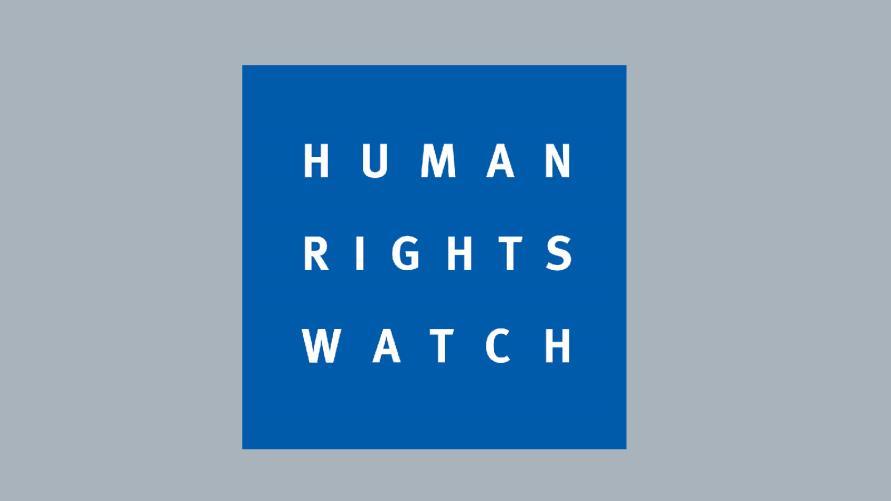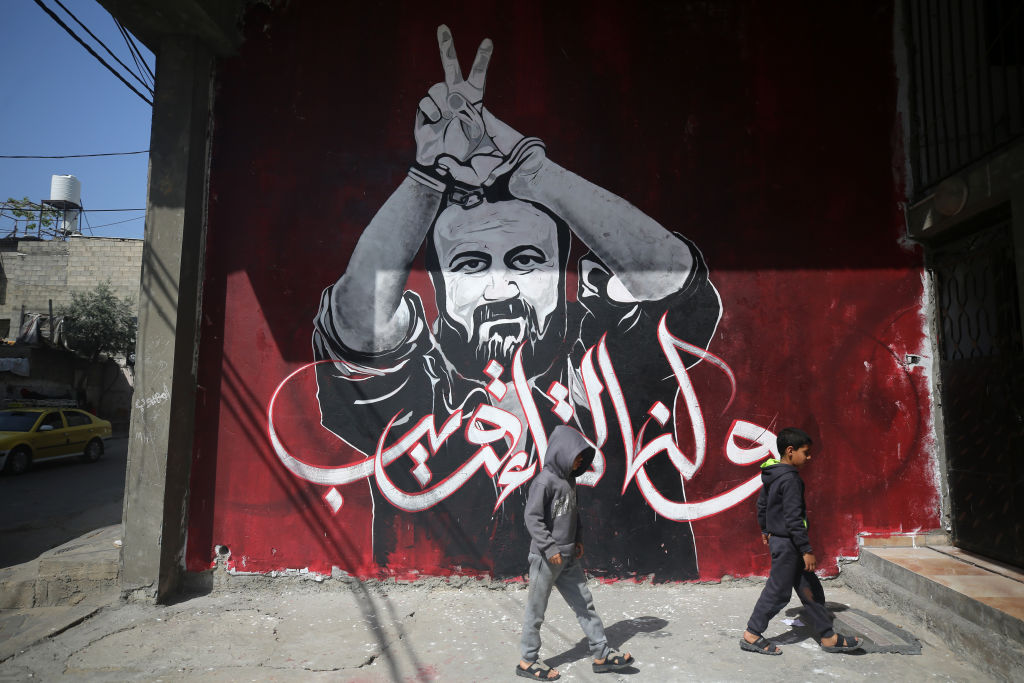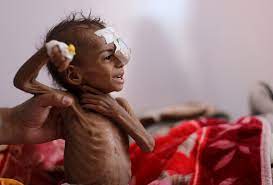
A malnourished girl in a hospital in Sanaa, Yemen [Reuters}
The Yemeni independent human rights organisation Mwatana together with Gobal Rights Compliance issued a new report on Yemen which focuses on the use of starvation as a war crime in the conflict in Yemen.
The report, Starvation makers, analyses the conduct of the Saudi/UAE-led coalition and the Houthi movement in the context of international humanitarian law.
In February the UN estimated that 400 000 Yemeni children could die of starvation in 2021.
Women are severely affected by the current food shortages. The UN Office for the Coordination of Humanitarian Affairs (OCHA) reported that 66% of people needing support to treat or prevent malnutrition in 2021 are women and, of the 4.7 million people requiring treatment for acute malnutrition in 2021, 1.2 million are pregnant and lactating women.
It is clear that International Humanitarian Law prohibits the use of starvation as a method of warfare. Additional Protocol II to the Geneva Conventions prohibits the use of ‘starvation as a method of warfare’ in non-international armed conflicts.
The Saudi/UAE-led coalition has also imposed a de facto naval and aerial blockade on Yemen’s sea and airports since 2015 , which severely restricted the flow of food, fuel, and medicine to civilians.
Ansar Allah has also used siege-like warfare in Yemen, which has had a particularly acute impact on Taiz, where they confiscated food and medicine critical for meeting civilian’s survival needs and impeded civilian’s movement into and out of the city.
In addition Ansar Allah has threatened civilians’ food security by shelling areas affecting access to food and laying mines inside the Red Sea Mills in Al-Hudaydah, which previously contained enough wheat to feed 3.7 million people for one month
Osamah Alfakih, advocacy director at Mwatana, told Al Jazeera: ‘All sides, particularly the Saudi/UAE-led coalition and Ansar Allah (Houthi) armed group are equally guilty and responsible for committing the crime of starvation in Yemen even if they use different methods; airstrikes, indiscriminate ground shelling or landmines. At the end, we have the same result which is intentionally deteriorating the situation of civilians and impacting their access to objects essential to their survival (OIS).‘
The report states that members of the Saudi/UAE-led coalition and Ansar Allah ‘were aware of the virtual certainty that starvation would occur in the ordinary course of events, that is, without humanitarian intervention, or intended to use starvation as a method of warfare.’
According to Alfakih in terms of proving ‘intent’ ‘there are relevant evidentiary considerations will include a vast array of assessments: the nature, manner, timing and duration of any deprivations of OIS or attacks on civilians, including whether such attacks were long-term, persistent and/or indiscriminate; whether the attacks were widespread and perpetrated in an organised manner; and whether they took place as part of a campaign that systematically targeted civilians.’
- Most Viewed
- Most Popular



